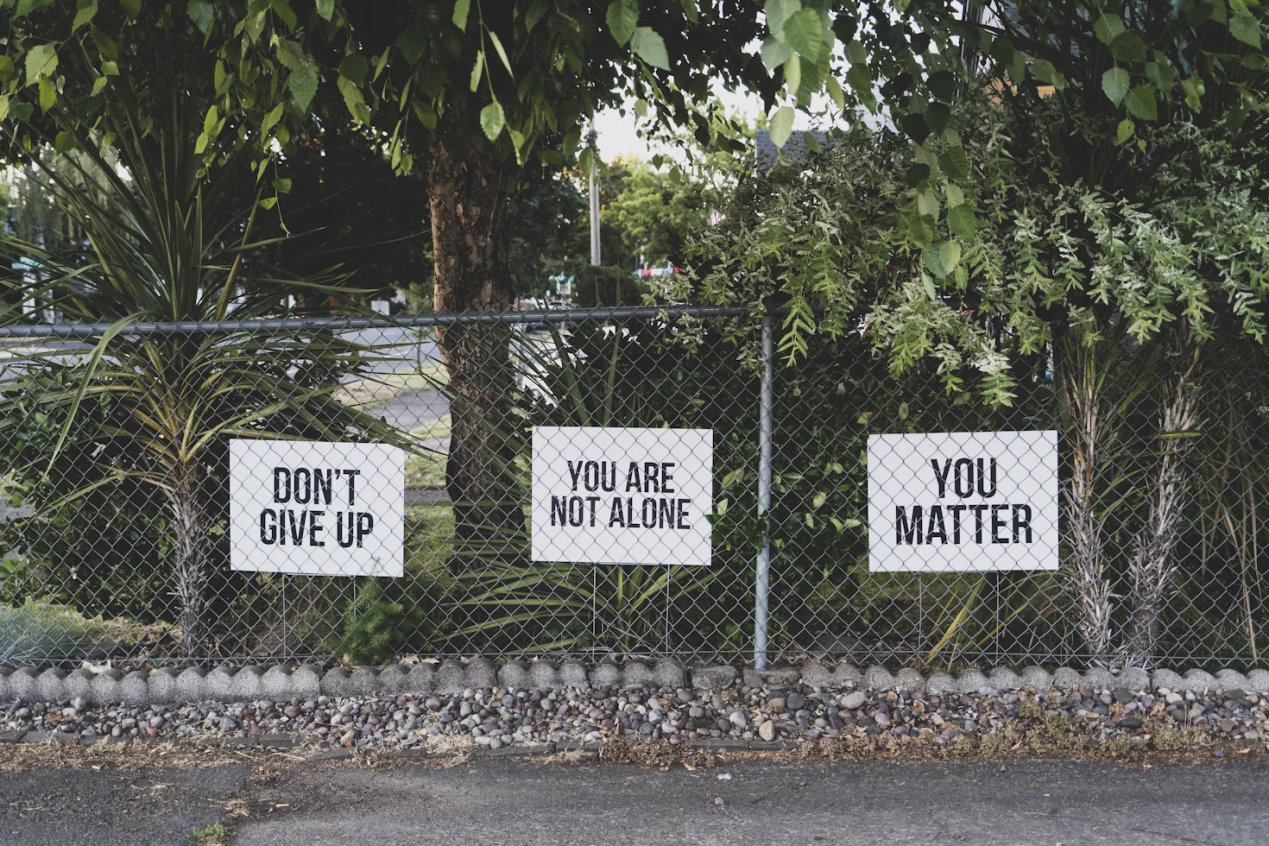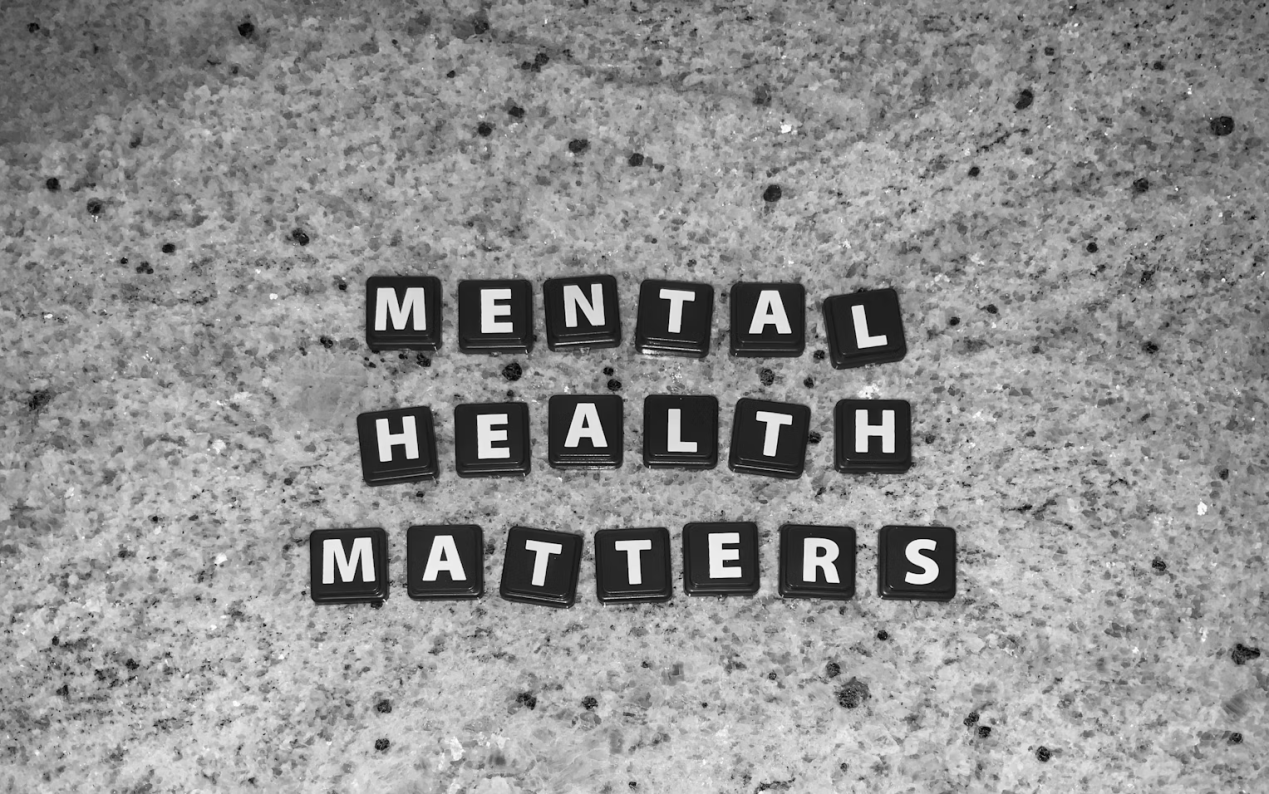Building Resilience: Strategies for Mental Health in a Stressful World

If you're experiencing irregular sleep cycles, strange eating habits, symptoms of depression, or suicidal thoughts, you're not alone. A study revealed that 36.2% of U.S. adults aged 18-25 faced mental health-related issues, among whom the majority were females.
Keep reading this blog to figure out why you’re feeling a certain way, and look into strategies to establish resilient mental health habits to lead a confident life!
Understanding Resilience for Mental Health Care
In simplest terms, resilience is the ability to cope with a tough situation. Whether you’re feeling sad about a recent loss or worried about something that’s hardly in your control, if you find it hard to continue your day-to-day tasks, building resilience could be helpful.
The first step towards building resilience is identifying the stressors. Ask yourself, “What is making me anxious to this extent?” or “What has triggered this strange feeling of depression?”.
Let's dig in deeper.
Identifying Stressors in Your Daily Life
Stressors can vary from person to person but may be similar in regards to your age group, your gender, etcetera.
Interesting Fact: 6.5% of all Americans aged 15-44 face depression, causing them to lose interest or pleasure, lose appetite, change sleep patterns, and overall leave them feeling restless and unsatisfied. Talk to a virtual doctor for depression-related issues.
Let’s look at some common stressors among teens:

1. Academic Stress:
Goes without saying; if you’re a student in your early to late teens, academic stress could be the biggest reason you feel anxious a lot of the time. From keeping a streak of good grades to deciding what you ultimately want to achieve—anything and everything can cause stress.
2. Family Challenges or Changes:
Family challenges could include your parents’ high expectations that end up being a burden you can’t shake off easily. It could also include a family conflict or divorce, which can bring a drastic change to a teen’s life. Plus, financial hardships could also be a reason for stress.
3. Friendships or Relationships:
Your romantic relationships and friendships may also cause stress sometimes. It might be hard to understand your feelings and your friend’s or partner’s feelings, leading you to feel confused about the “right way” to approach the situation.
Stressors for adults are different from those among teens. Let’s dive into a few of those:
File Name: Woman-stressed-about-work

1. Physical or Mental Abuse:
As an adult, you may sometimes find yourself in unfortunate situations, such as being emotionally attached to someone who abuses you. This can cause mental health care issues, resulting in depression, loss of confidence, and even lead to suicidal thoughts.
2. Pregnancy, Infertility, or Parenting:
Some couples might be struggling to get pregnant, while some may feel worried about navigating pregnancy and life as a parent. All these can cause acute stress and may be worse if you don’t have a partner to support you through these phases.
3. Overwhelming Duties & Responsibilities:
You may feel overworked or overwhelmed by your daily responsibilities. This can result in a loss of appetite and lack of motivation and energy, leading you to experience burnout.
Strategies for Building Resilience and Boosting Your Mental Health Care

Have you identified your stressors? Great! You have already accomplished the first milestone. Now, you only need to strategize how you’re going to manage these stressors and build resilience.
Here are some ways that we suggest:
1. Cultivate a Support Network
Humans are social animals. They rely on each other for support and emotional well-being. It’s important to be in the company of people who acknowledge and appreciate your presence and your actions.
Whether you find your support from a partner, family member, friend, or even an online support group, you must stay connected with them to boost your mental well-being.
Can’t find a support group? Make a doctor's appointment online and get the medical attention you deserve!
2. Practice Self-Care
You must have heard about the importance of some me-time. While external support and appraisals are extremely important, they can’t compensate for the need for self-love in developing mental resilience.
Understand what you love and enjoy, and give yourself a treat frequently. Set a more disciplined routine if that’s your thing. Go for a hike if nature makes you happy. Do whatever you want, but make some time for yourself daily.
3. Use a Different Approach for Your Problems
Problems, regardless of their severity, are going to be a part of your life. Worrying about every new problem doesn’t cut it, so we suggest that you start viewing your problems through a different lens.
“Reframing” could be as simple as using a long, boring commute as a way to enjoy your favorite music or read a book. It’s a way to approach negative situations as positively as possible to enhance your mental well-being.
4. Seek Professional Help—Consult a Doctor Online
Sometimes, regardless of how long you keep on trying, you may find it hard to feel good emotionally and mentally. If that’s the case, you must seek professional assistance.
If mental stress is harming your relationships or affecting your daily activities, speak to a doctor online and discuss ways to boost your mental health care.
Your mental health, if not more, is as important as your physical well-being. To lead a successful personal and professional life, you must seek appropriate treatment for mental health illnesses.
TelMDCare offers an innovative way to help patients in the U.S. get professional consultation from the comfort of their living rooms. From the best online doctor prescriptions to virtual consultations, you get everything under one roof at affordable rates.
If you’re also looking for a virtual doctor appointment to discuss your physical or mental health issues, please don't hesitate to reach us at 800-230-2050.